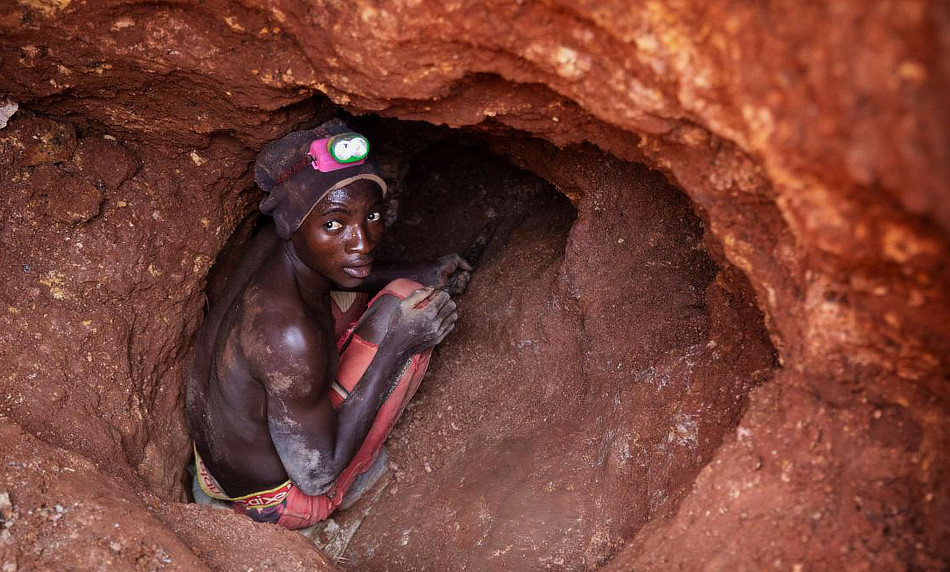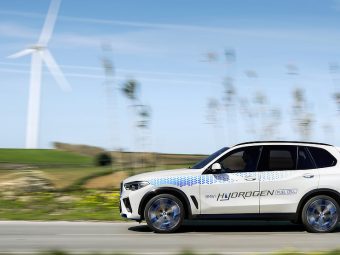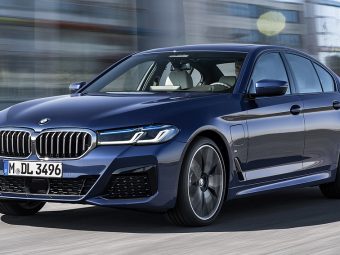Cobolt is a key element in the production of Lithium-ion batteries. Due to its stability, it offers the rechargeability we have become accustomed to, be it in our mobile phones, laptops, and electric cars. Only a few mines in the world have large cobalt resources, the biggest is found in the Democratic Republic of Congo, central Africa.
Corporations want cobalt at the cheapest price. The Republic of Congo is one of the poorest countries in the world which leaves it vulnerable to being exploited by Western entities looking to profit off the back of literal slave labor.
The population of the Republic of Congo is 94 million, its GDP is around $48BN per year while 76.6% of people earn less than $1.90/day. Yet the country is rich in minerals, cobalt being just one, diamonds being the other. One would expect cobalt to be mined by machine, it isn’t.
Cobolt mined in Congo is dug and extracted by a pick axe, bucket, and flip flops. A typical mine consists of 15,000 workers working side by side in appalling and filthy conditions not seen for over a thousand years. The technology is there to mechanize the process, but that would be bad for business.
Companies like Mercedes look the other way. While Mercedes hides behind a carefully constructed and highly polished EV image of sustainability and environmental concern, they have little concern for the welfare of the miners, some of whom are as young as 10 years old.
The cobalt mines of Congo can be modernized, and lives can be saved but it is cheaper to exploit the miners and distract the general public than it is to do the right thing. And for that reason, Mercedes is morally and ethically implicated in the suffering and welfare of the people of Congo.
Author and activist Siddarth Kara joins Joe Rogan to explain how the Democratic of Congo is being exploited by the likes of Mercedes for its cobalt mineral resources.








